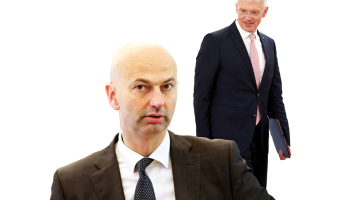Don’t change a winning formula!
It will come as no surprise to readers of this blog that I strongly support the agreement with the IMF and EU. Why? Because it works! And because I see no other viable and credible alternative.
Here is just some of the recent evidence showing that it does indeed work (source: Bloomberg).
1. Latvia was on 1 September able to sell 12 mill. LVL of five-year bonds at an interest rate of just 5.691%, indicating regained credibility from financial markets.
2. RIGIBOR, the interbank rate, has fallen below 3% for the first time since 2005. Remember the almost 30% of June 2009? Seems ages ago now.
3. On 3 September FITCH, one of the rating agencies, changed its outlook on Latvia to ?stable? from ?negative? due to increased belief in the viability of economic stabilization.














